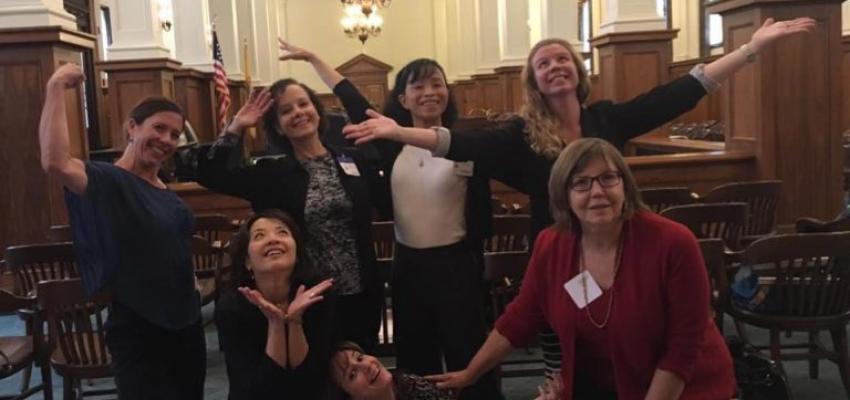This journey began five years ago. I was President of the New Jersey Chapter of the American Dance Therapy Association. I received a phone call from a New Jersey drama therapist, who asked me if I wanted to work with her toward the important goal of creating a N.J. State License for Drama Therapy and Dance/Movement Therapy. We gathered a team of dedicated professionals who became the N.J. Task Force for Licensure of Drama Therapists and Dance/Movement Therapists.
Why is it important to license these professions? Drama therapy and dance/movement therapy are behavioral health disciplines that integrate psychotherapeutic principles with theater, dance/movement, and the creative process. Fundamental mental health, psychological, developmental, and mind/body principles are utilized to support the emotional, physical, cognitive, and social well-being of individuals, families, and groups across the lifespan.
We work with those who are often the most vulnerable citizens of the state, including veterans; those with Alzheimer’s, developmental disabilities, or autism; and those who suffer from domestic violence, child abuse, or substance abuse. A N.J. state license will protect these consumers from possible harm by unlicensed and untrained practitioners.
Establishing a hard-working, focused, passionate, and dedicated team was the easy part. Moving our licensure bill forward, step by step, became a rollercoaster of highs and lows, of successes and failures. Time seems to move very slowly in the legislative process! And having any control over what happens is often just an illusion.
Our process began with meetings with Assembly sponsors and the writing of the bill itself, which went through several versions. There was the excitement of having legislators really listen to what we had to say and express support for our bill. We left those meetings feeling elated!
Sometimes, the legislative process does work as it was designed to, and we felt that we were well on our way to a meaningful and successful outcome.
But then, there was the waiting, and waiting, and waiting—for return phone calls, emails, or the votes in the Assembly or Senate. Return calls never came. Emails did not receive responses. Promises were made that the bill would be placed on the agenda for a vote.
We worked hard, spreading the word to our supporters, urging them to contact their legislators and ask them to VOTE YES on our bill. So much work in so little time! Over and over again. And there were many times that the bill just was not voted on, for reasons we often never knew.
Other challenges we faced in this tedious process included having the bill make it all the way to the governor’s desk, but not be signed, therefore causing us to need to start all over again in the new legislative session. There have also been numerous occasions where we tried furiously to find out whom to talk to regarding what our next steps should be. It was difficult to get answers to our most pressing questions. Often, weeks and months would go by between each step along the way.
Finally, our bill found its way to the next governor’s desk, only to be met with a conditional veto. We were surprised by this, but, after careful review and consideration, decided that we would accept the recommendations of the governor. Here again, we were told that it was likely that our bill would be voted on in the Assembly before the summer recess, but, alas, this did not happen. The story continues….
It has definitely been a learning process for all of us. Our team continues to spend countless hours on conference calls, reviewing recent developments, and planning next steps. It is a long, often exhausting process, but one that we know is worth it. There are so many who will benefit from the effective services that drama therapists and dance/movement therapists have to offer once the license is in effect.
Our task force is grateful for the support of ArtPride’s Director of Advocacy & Public Policy, Ann Marie Miller. Whenever we reach out to her, in need of a way to contact the community at large, often immediately, Ann Marie comes through for us. She and her staff have created ways for us to reach a wider audience with our requests for contacting legislators—enhancing the effectiveness of our campaign greatly. We know we are not alone in the belief in the power of the arts to heal.









